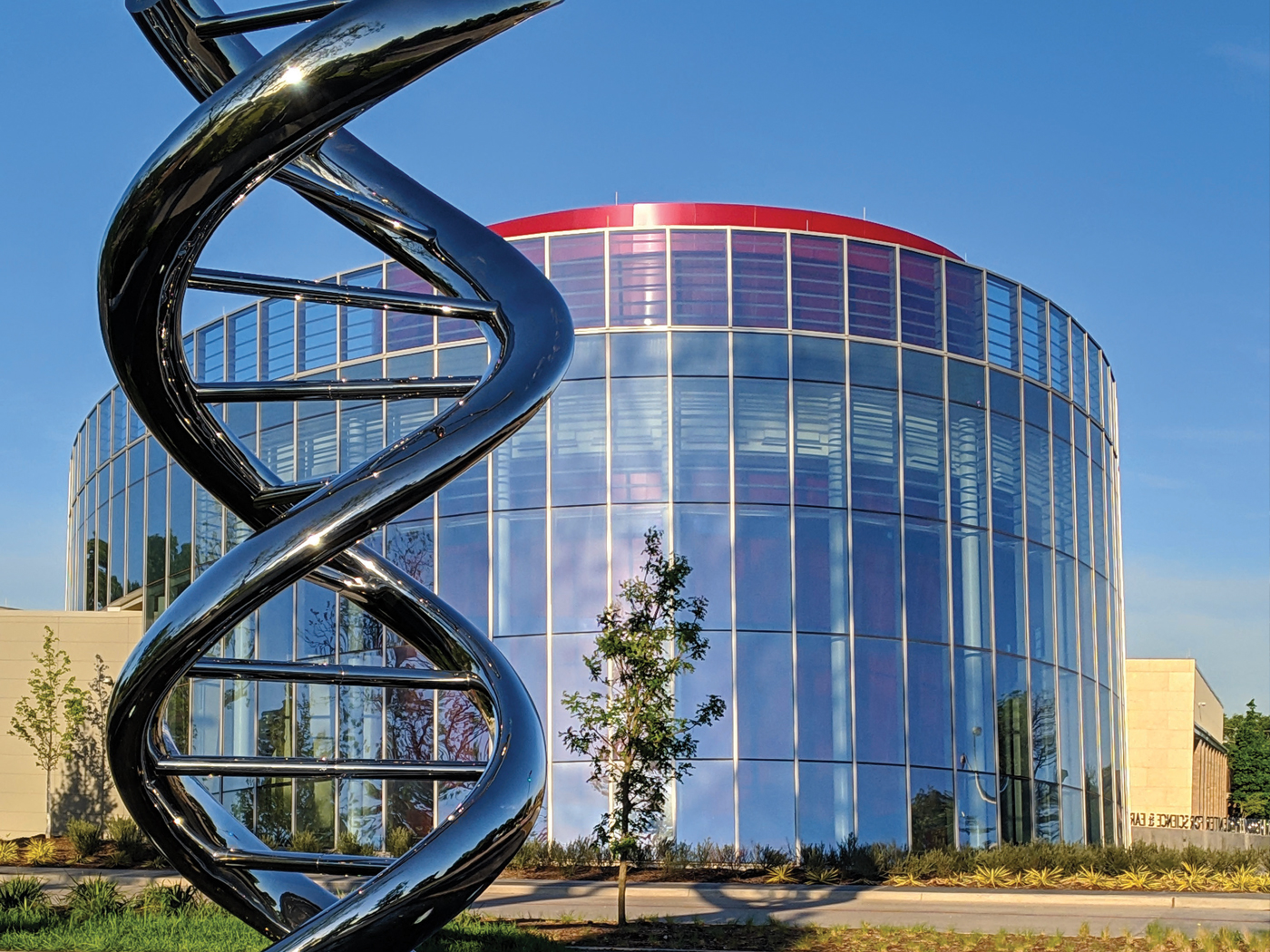Plants make ideal systems for studying the underlying biological processes that confer their ability to adapt in different environments. Several new studies show how plants do this without changing their genetic code through a process known as "epigenetics"—the chemical tagging and modification of DNA in the genome.1 These results have profound implications in that they negate the gradualistic evolutionary Darwinian paradigm.
Plants cannot uproot themselves and migrate somewhere else as a means to adjust to their environment. They have to respond to their surroundings, essentially, where they are planted. Therefore, they have been ideal biological systems for the study of the mechanisms that underlie adaptation.
In research just published, the DNA of Arabidopsis plants from various locations around the world was tested.1 Arabidopsis is a mustard-like weedy plant that has become the key model system for genetic study in plants. The scientists determined both the differences in genetic (DNA sequence) variability and epigenetic modifications related to the chemical tagging of DNA called methylation.
In other words, the plants were very similar to each other in their genetic code, because they were all the same species, but their epigenomes were quite different in the variety of worldwide environments in which the plants were found. These epigenetic methylation-based tags are directly related to which genes are switched off and on all over the genome.
In an interview reported by the Salk Institute, where the study was coordinated, lead scientist Joseph Ecker stated, "We looked at plants collected from around the world and found that their epigenomes are surprisingly different," and, "This additional diversity may create a way for plants to rapidly adapt to diverse environments without any genetic change in their DNA, which takes a very long time."2
This research has revealed how a previously hidden layer of DNA-based information is directly involved in how a plant interfaces with its environment. This whole scenario presents a number of very serious problems for Darwinian evolution.
First, the methylation of DNA is not a random event—it involves a complex array of molecular machines (proteins and RNAs) that attach the methyl tags according to environmental signals that are placed at specific DNA addresses all over the genome.
Second, complex cellular machinery and infrastructure are needed to interpret the DNA tags—not only according to the environment, but also according to what type of plant cell in which the tags are located. Amazingly, the researchers also discovered that the tagging also varied depending on whether it was a leaf, a pollen cell, or a seed. In other words, not only does the epigenetic tagging vary based on environmental signals, but also by cell type.
Third, for all of this to work as the plant grows and makes seed to reproduce, there needs to be another level in the system to ensure that the chemical DNA tags are accurately copied along with the DNA when it is replicated to produce new cells. This is especially important in the reproductive cells, so that the next generation of plants have the same adaptive system.
Fourth, not only does this highly complex "all or nothing" system have a zero probability of evolving through gradualistic DNA mutations, but it also presents problems for the idea of natural selection acting upon it. If the plant is presenting a system of adaptation that is, to a large extent, insulated from direct selection on so-called positive DNA sequence mutations (an exceptionally rare occurrence), then how can evolution progress?
Supporting this study, is yet another recent report showing how the Arabidopsis plant responds to heat stress through the epigenetic modification of its genome in a complex system that is directed in part, by a wide diversity of RNA molecules.3 Clearly, the precise and timely regulation of environment-responsive gene networks contains yet one more layer of bio complexity that Darwinian evolution cannot account for.
The incredible bioengineering of living systems revealed through the advance of modern science was accurately predicted in the Bible several thousand years ago: "For the invisible things of him from the creation of the world are clearly seen, being understood by the things that are made, even his eternal power and Godhead; so that they are without excuse" (Romans 1:20).
References
- Schmitz, R.J. et al. 2013. Patterns of population epigenomic diversity. Nature. 495 (7440): 193-198.
- Hidden Layer of Genome Unveils How Plants May Adapt to Environments Throughout the World. Salk Institute for Biological Studies - News Release
- Popova, O.V. et al. 2013. The RdDM Pathway Is Required for Basal Heat Tolerance in Arabidopsis. Molecular Plant. 6 (2): 396-410.
*Dr. Tomkins is Research Associate at the Institute for Creation Research and received his Ph.D. in Genetics from Clemson University.
Article posted April 24, 2013.
















